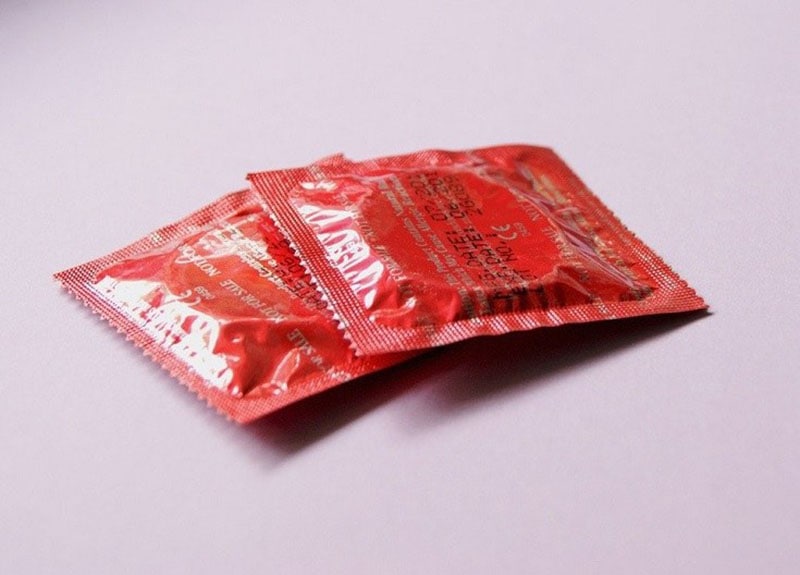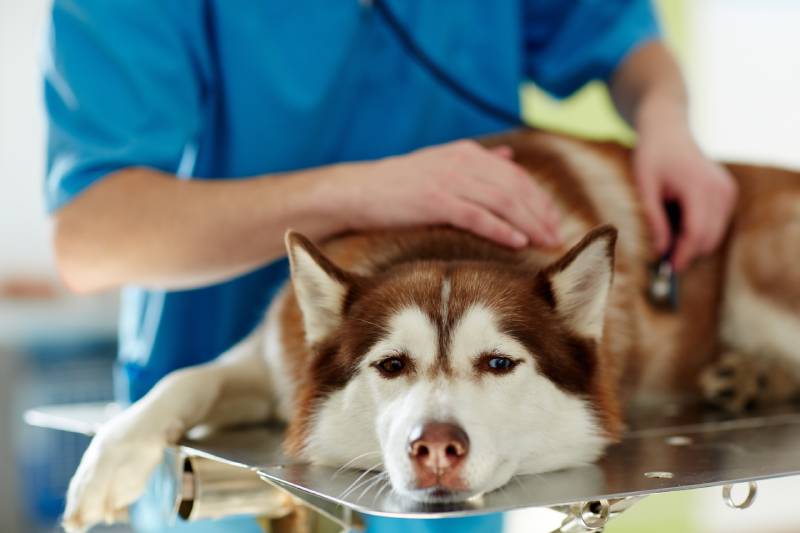Vision is crucial to your dog’s health and quality of life. With advances in both veterinary and owner care, dogs are living longer than ever before—great news for dogs and their families! However, as dogs get older, they become more prone to age-related eye issues such as cataracts, glaucoma, and retinal disease. These are relatively common in elderly dogs, as they are in people. Supplements, natural therapies, and “nutraceuticals” have been recognized as an important way of maintaining the health of different organs, often complementing more traditional veterinary medications.
Eye supplements for dogs have become readily available. But do they really work? This article explores six benefits of eye supplements for dogs.
The 6 Benefits of Eye Supplements for Dogs
1. Anti-oxidant
In normal metabolic processes in the eye, molecules called “free radicals” are produced. These free radicals can be damaging, and they are normally cleaned up by antioxidants. However, if an imbalance starts to exist and there are too many free radicals, a process called “oxidative stress” develops, and this can be damaging to the eye. Oxidative stress may play a role in a number of canine vision problems.
Supplementing with anti-oxidants such as lutein, zeaxanthin, grapeseed extract, and vitamin C may improve eye health in dogs by “mopping up” free radicals.
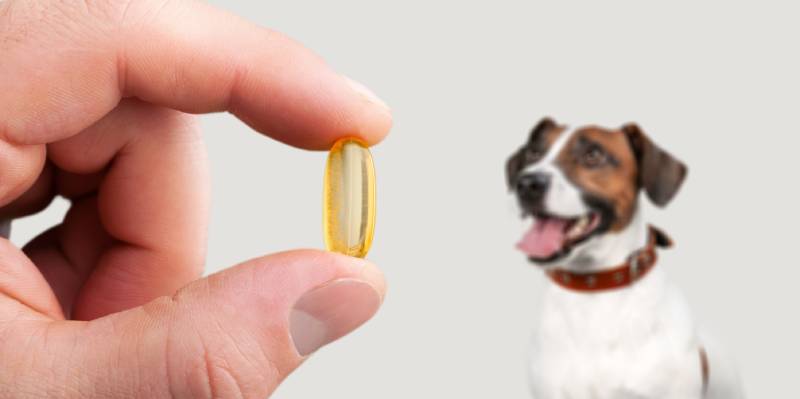
2. Slow Progression of Cataracts
Cataracts are the leading cause of impaired vision and blindness in dogs. Cataracts are a clouding of the lens of the eye, which is normally clear. Cataracts in elderly dogs are known to be caused by a number of factors—one of which is oxidative stress. A relatively new eye supplement called Ocu-GLO, containing antioxidants and other natural extracts, has been recently investigated, with very positive results. Indeed, Ocu-GLO significantly delayed the progression of immature cataracts compared to the group that didn’t receive Ocu-GLO.
Although Ocu-GLO can be purchased online, we recommend discussing it with your veterinarian to decide if it is required (and suitable) for your dog.
3. Support Vision
DHA (Docosahexaenoic Acid) is natural omega-3 fatty acid. In dogs, as in humans, a mother’s milk is the main source of DHA in early life. Certain foods such as eggs, fish, and meat may contain higher quantities of DHA. DHA is recognized as an important element in the development of vision, as well as the central nervous system.
As such, DHA is likely to aid vision in both young and old dogs. DHA-containing supplements are available for dogs, and certain brands of puppy food (such as Hill’s Science Diet) contain enhanced levels of DHA.
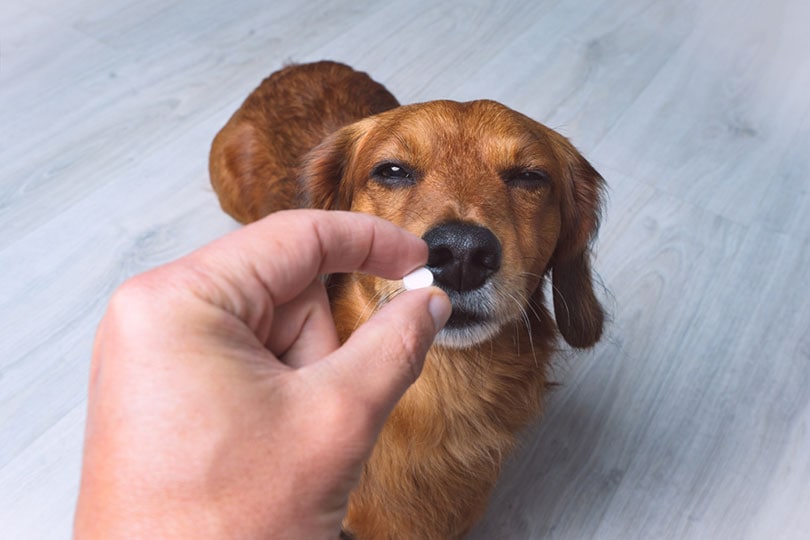
4. Reduce Glaucoma
Glaucoma refers to increased pressure in the eye (or eyes). Again, oxidative stress probably plays a role. Grapeseed extract, green tea extract, and co-enzyme Q10 may reduce this oxidative stress. Promising research has been done in humans and rodents but is currently lacking in dogs.
5. Clean Away Tears
Small breeds of dogs seem to be more prone to developing eye discharge or “goop”. This occurs in the morning, or after a long sleep. While the discharge is usually nothing to worry about, it can accumulate in the hair under the eyes, forming a crusty material that is both unsightly and uncomfortable.
Dog-friendly eye wipes are available to prevent these crusty patches from developing.
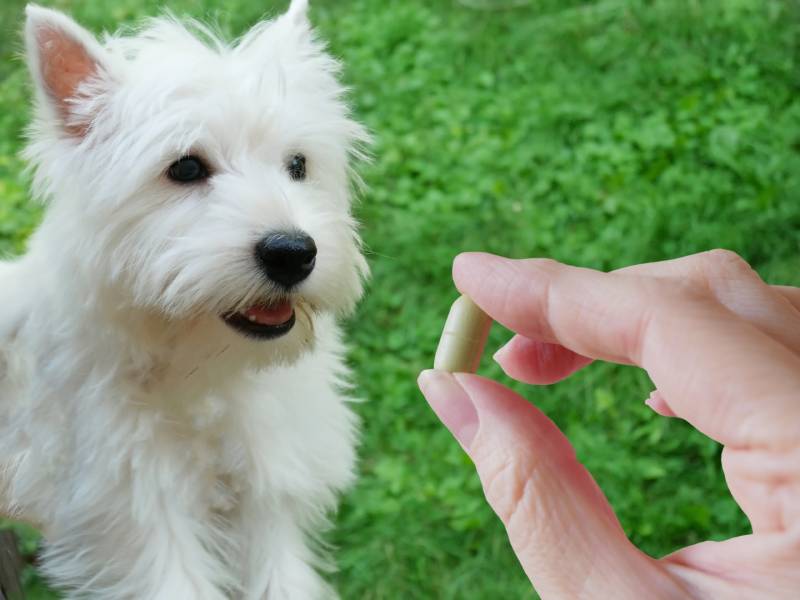
6. Aid Tear Production
We’ve already discussed how DHA (an omega-3 fatty acid) supports eye health and development. Well, there’s also research in people showing that different omega-3 fatty acids aid in tear production. A healthy coat of tears is very important for lubrication and protection of the eyes. Without them, the eyes become irritated and sore. This is a condition referred to as “dry eye” (keratoconjunctivitis sicca).
Recent studies in dogs have shown that oral omega-3 supplementation may improve the effectiveness of topical treatment for dry eye, though topical treatment is still required.

Conclusion
Supporting your dog’s eyes makes a world of difference to their overall well-being. Eye supplements present a promising way of slowing down old-age changes, improving eye health, and maintaining vision. As we’ve discussed, much of this promise lies in antioxidants and their ability to reduce oxidative stress in the eyes.
This is likely to help slow cataracts, reduce glaucoma, and assist tear production, among other benefits. If you have any concerns about your dog’s eyes, or if you’re wondering whether eye supplements can help, we recommend contacting your veterinarian.
Featured Image Credit: ALPA PROD, Shutterstock





